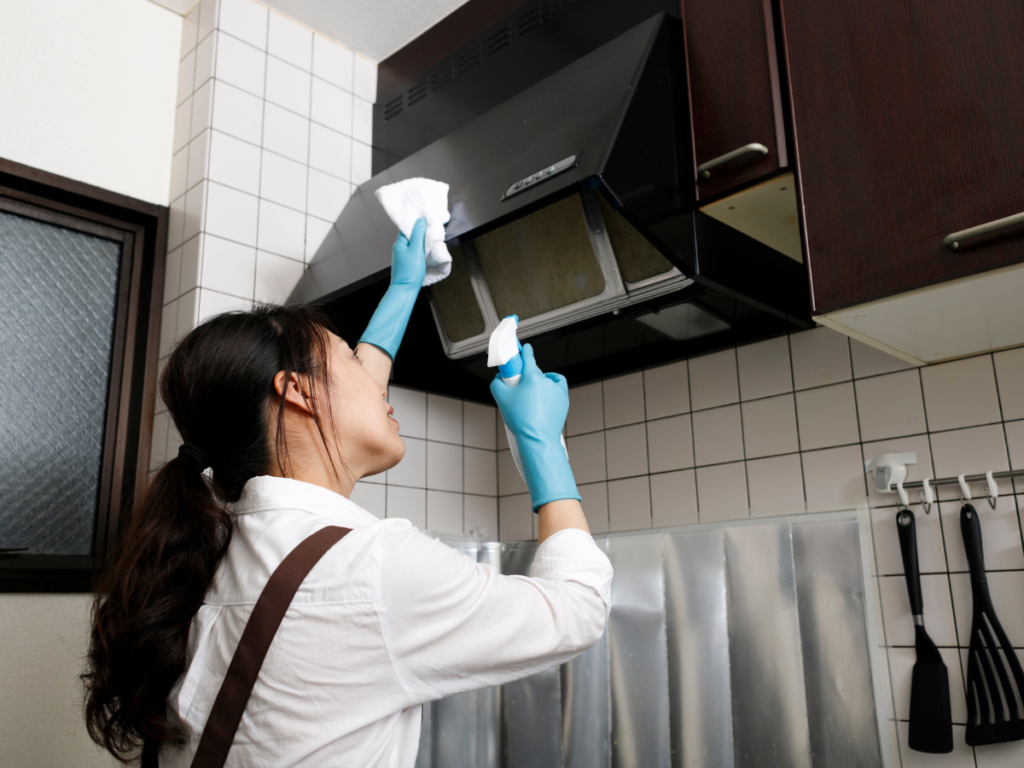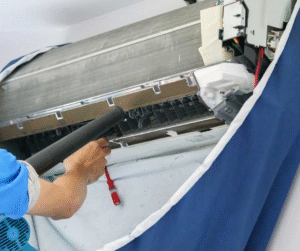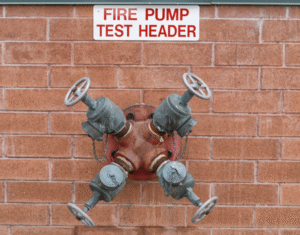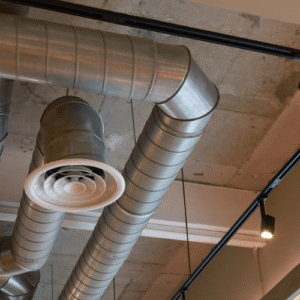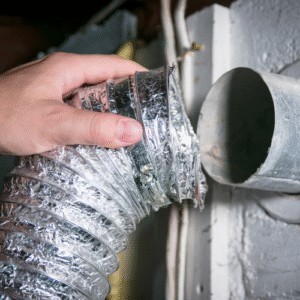The extraction system is the backbone of every food facility, working diligently in the background. Commercial Kitchen Extraction is essential for preserving fire safety, air quality, and industry compliance in everything from busy restaurants to large-scale catering enterprises. Nevertheless, this system is frequently disregarded in spite of its significance, which results in expensive repairs, safety hazards, and lost productivity.
Let’s look at five of the most frequent mistakes made when cleaning and maintaining kitchen equipment and how taking preventative measures might help.
Fan Cleaning Ignored
The main power source for your extraction system is fans. Over time, they may wear out or get blocked with oil, which might affect the overall airflow. Loud sounds, decreased suction, or overheating are examples of symptoms that are frequently disregarded until the problem gets worse.
You should include regular fan service in your maintenance schedule. Fan blade cleaning, mechanical wear inspection, and lubricating moving parts are easy ways to increase their longevity. Fans may continue to be effective and safe to use by hiring qualified experts with expertise in kitchen extract cleaning.
Grease Accumulation in Ductwork
Grease accumulation is one of the most frequent and dangerous failures in commercial kitchen extraction systems. Grease builds up in the ducts, hoods, and fans over time due to cooking smells as well. This accumulation presents a significant fire risk in addition to reducing the efficiency of ventilation.
Preventive:
It is necessary to carefully and regularly clean the TR19 kitchen exhaust. By adhering to TR19 rules, which are a commonly accepted standard for ventilation system cleaning, you can make sure your kitchen satisfies safety and regulatory requirements. Plan on having your kitchen inspected and cleaned by professionals at regular intervals that correspond to its usage levels. This maintains the system’s compliance, functionality, and cleanliness.
Schedules for insufficient maintenance
Preliminary scheduling of repairs leads to guesswork, blunders, and hasty solutions. Many industrial kitchens don’t seek assistance until a system malfunctions, which is sometimes too late to prevent inconvenience or fines.
Prevent:
Plan out a maintenance schedule that is appropriate for the volume and hours of operation of your kitchen. Monthly inspections may be necessary for high-use kitchens, although quarterly system reviews are possible for lower-volume businesses. All cleaning, repairs, and inspections should be meticulously documented; they will help plan operations, claim processing, and health and safety assessments.
Negligent Filter Administration
Before entering the ductwork, filters capture smoke, oil, and other airborne pollutants. The incorrect kind of filters are used in many kitchens, though, or they are not changed frequently enough. Filters that are dirty put more strain on the system, decrease ventilation, and use more energy.
Prevent:
Make use of filters that are compatible with your cooking methods (charcoal, baffle, or mesh filters, for instance) and as directed by the manufacturer to clean or replace them. For oversight prevention, think about putting in place a basic log system that monitors filter modifications. The complete extraction system in a commercial kitchen works better when the filters are managed properly.
TR19 Compliance That Is Partial or Unusual
Many kitchen operators make the mistake of thinking that a basic surface clean is enough. However, TR19 regulations require a complete and systematic cleaning of the whole system, including inaccessible components. If you don’t clean your property adequately, you might lose your insurance, your fire safety certification, and even the reputation of your business.
Prevent:
Employ only professionals with TR19 kitchen extraction cleaning training. In order to assist you in proving conformity during inspections, these experts offer thorough post-clean reports and photographic proof. Being TR19-compliant means safeguarding your employees, clients, and assets, not merely checking boxes.
Final Remarks
Defects in kitchen extract cleaning might be bothersome, but they can also compromise safety, violate the law, and endanger your entire business. With the proper information and attention, they may be totally prevented. We at Provent Compliance recognise the strain of running a busy kitchen. To meet your demands, we provide professional TR19 kitchen extraction cleaning and regulatory services. Regardless of whether you are managing a huge industrial kitchen or a high-output restaurant, our team makes sure your system is up to code, safe, and effective.
Don’t wait for a breakdown to occur before acting. Step up your kitchen security by getting in touch with us for an evaluation and allowing us to assist you in creating a long-lasting, safer maintenance plan.

